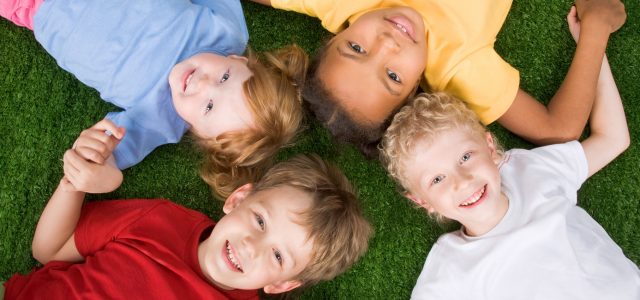
Preparing Your Child For Pre-School
All children in the UK aged 3–4 are entitled to free part-time education whether that is a nursery, preschool, playgroup, or with a childminder. This is a hugely important stage for your child’s learning, and it’s a really fun one too!
At this stage of their learning, your child will be mainly learning through play-based activities. They will also be learning about routine and developing early literacy and maths skills, learning about the world around them and learning social skills.
There are a number of things recommended by the the Department of Education to help prepare your child for preschool:
1. Talk (and listen)
It seems very obvious, but at this stage one of the best things you can do for your child’s learning is to spend time talking together. They are constantly learning new words and will be exploring ways to build sentences and put words together through trial and error.
2. Read, read, read
Time spent reading together brings so many benefits to your child – and you! Through reading, your child will hear lots of words that they might not be as likely to come across in everyday conversation. They will also develop their listening skills and their understanding of how stories work.
Rhythm and rhyme are so important for early language development and, luckily, there are masses of wonderful books available.
3. Sing songs and rhymes
Have lots of fun singing songs and nursery rhymes together. Don’t worry about how good your singing voice is! Singing songs and saying rhymes can help your child to develop early language skills.
Have fun with numbers by singing counting songs, such as 1, 2, 3, 4, 5… Once I caught a fish alive.
4. Point out numbers on the go
Point out the numbers you see when you are out and about and encourage your child to do the same. Look for bus numbers, prices and house numbers. When shopping, ask your child to select the number of apples or bananas you need – they’re helping you out, and learning at the same time.
5. Dress up
Dressing up and role play are great opportunities for talking and listening and for imaginative play. On a practical level, a fun dressing up session can help your child to practise getting themselves dressed. You can fit in a sneaky bit of training with those tricky zips, armholes and buttons.

